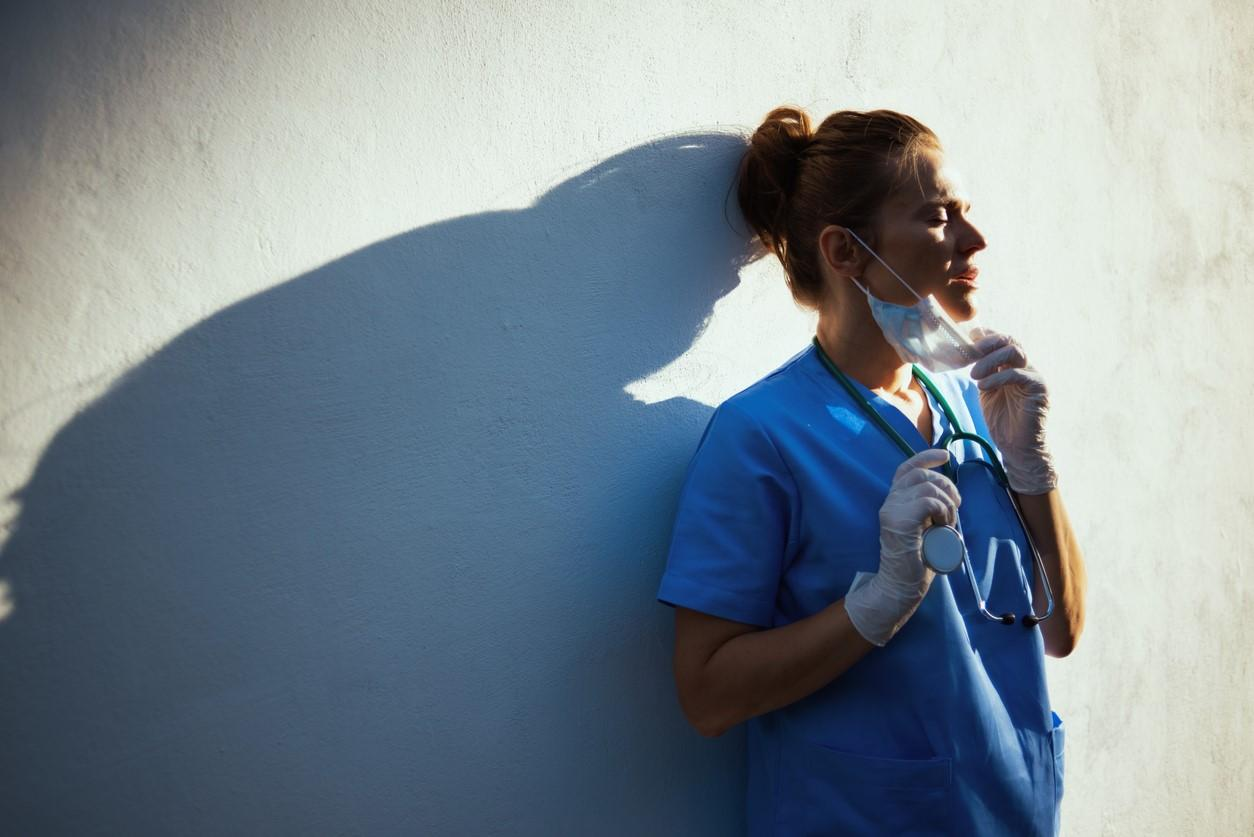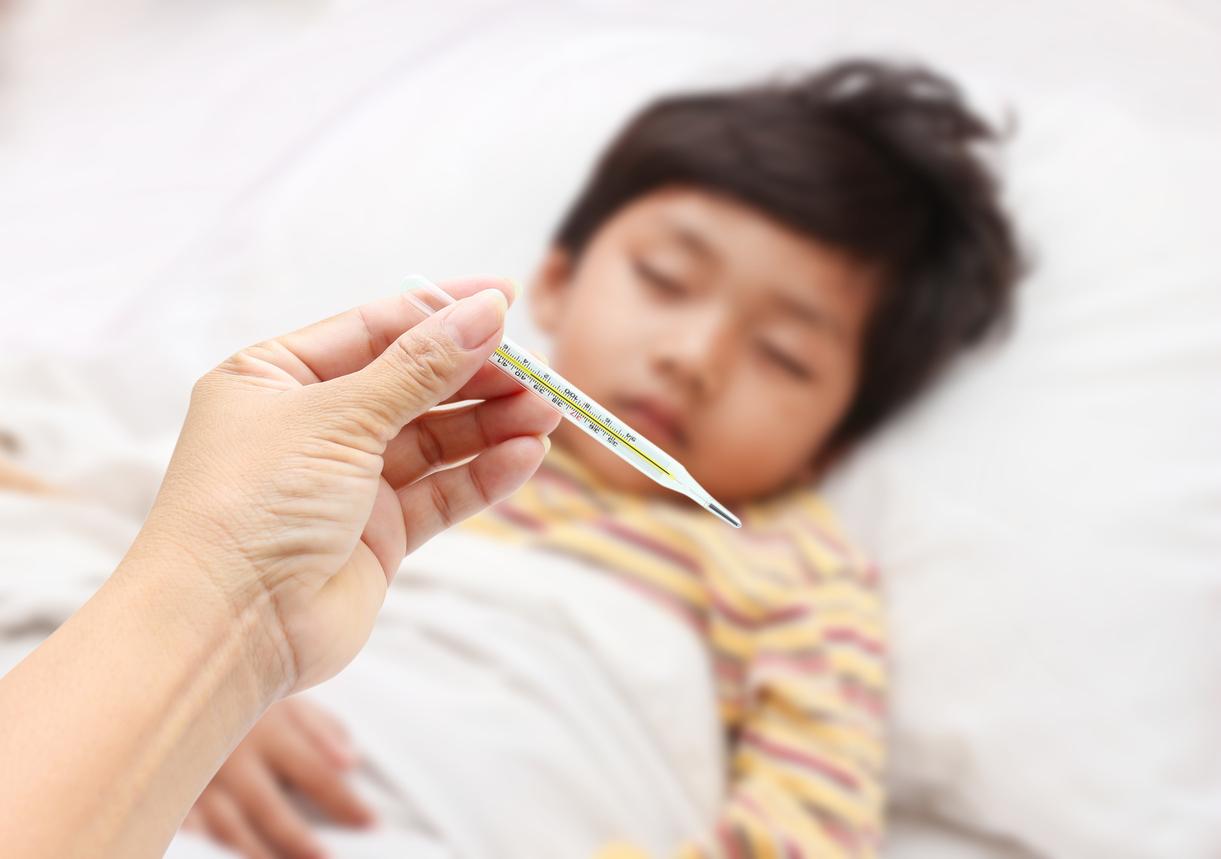
A small double-blind randomized clinical trial of US frontline healthcare workers with COVID-19 pandemic–related depression finds that the psychedelic drug psilocybin can relieve feelings of despair and burnout.
For the study, published yesterday in JAMA Network Open, a University of Washington (UW)-led research team randomly assigned 30 physicians, advanced-practice practitioners, and nurses to receive either 25 milligrams (mg) of psilocybin or 100 mg of niacin placebo from February to December 2022.
The participants had provided frontline patient care for more than 1 month in 2020 and/or 2021 and had no history of mental illness but did have moderate or severe depression at enrollment. The clinicians were chosen via lottery from 2,200 applicants nationwide. The intervention consisted of two preparation visits, one medication session, and three integration visits.
Participants were administered the Montgomery-Asberg Depression Rating Scale, the Stanford Professional Fulfillment Index, and the Posttraumatic Stress Disorder (PTSD) Checklist for the Diagnostic and Statistical Manual of Mental Disorders, Fifth Edition, at baseline and 28 days after starting the psilocybin or placebo.
"At the peaks of the pandemic, these clinicians were exposed to intense suffering, high death rates, decision-making under extreme uncertainty, prolonged work shifts, fear for their own and their families’ safety, and isolation due to self-quarantine," the authors wrote.
'Suffering can be transcended'
The average improvement in depression scores was −21.33 in the psilocybin arm, compared with −9.33 in the niacin arm (difference, −12.00). Improvement was sustained through 6 months. PTSD score changes didn't reach statistical significance.
.jpg)












